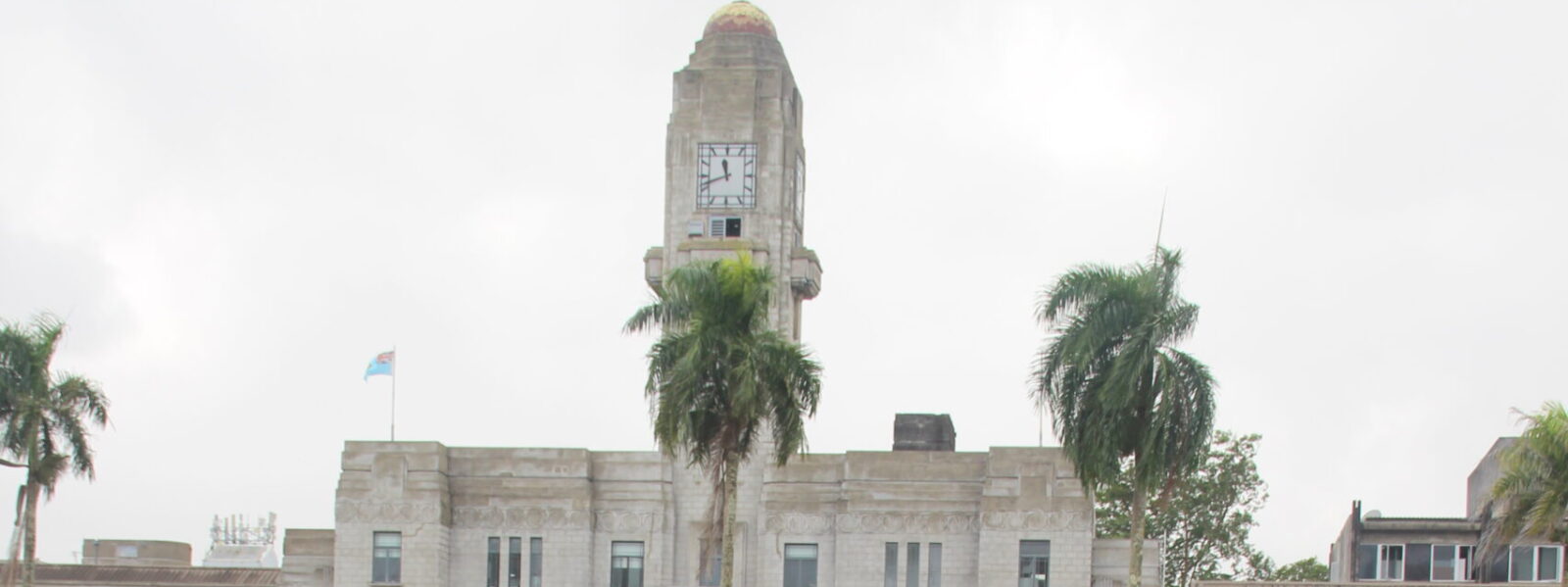Mercy Commission
The Mercy Commission in Fiji is a crucial constitutional body that plays a significant role in the country’s justice system. Its primary function is to advise the President of Fiji on the exercise of the power of mercy for individuals who have been convicted of an offense.
Here’s a summary of the services and functions of the Mercy Commission in Fiji:
1. Recommending the Exercise of Presidential Mercy:
- Constitutional Mandate: Established under Section 119(3) of the 2013 Constitution, the Commission’s core power is to recommend to the President a “power of mercy” upon petition from any convicted person.
- Forms of Mercy: The Commission can recommend one or more of the following:
- Granting a free or conditional pardon: This can fully or partially set aside the conviction or punishment.
- Postponing the carrying out of a punishment: This can be for a specific or indeterminate period.
- Remitting all or part of a punishment: This means reducing or cancelling the whole or a portion of the sentence.
2. Reviewing Petitions for Mercy:
- Application Process: The process typically begins with a petition for pardon made by a convicted person (or on their behalf) to the Chairperson of the Mercy Commission.
- Rigorous Scrutiny: The Commission undertakes a thorough review process, which involves:
- Reports from Key Stakeholders: It considers reports from various sources, including:
- The Commissioner of the Fiji Corrections Service (FCS) regarding the prisoner’s behavior, rehabilitation efforts, and suitability for reintegration into society.
- Police reports related to the original offense.
- Medical and psychological reports on the applicant.
- Judicial Assessments: It also requests and considers case reports from the Chief Registrar, which may include insights from the Judge who presided over the trial or the Chief Justice if the presiding judge is unavailable.
- Other Information: The Commission can consider any other relevant information derived from the case record or other sources.
- Victim Views: Importantly, the Commission may also consider the views of the victims of the offense.
- Reports from Key Stakeholders: It considers reports from various sources, including:
- Dismissal of Frivolous Petitions: The Commission has the power to dismiss petitions that it reasonably considers to be frivolous, vexatious, or entirely without merit.
3. Upholding Principles of Justice, Humanity, and Rehabilitation:
- Balancing Justice and Compassion: The Commission’s decisions are rooted in the belief that while the legal system imposes punishment, there are instances where compassion, rehabilitation, and changing circumstances should temper the severity of a sentence.
- Focus on Rehabilitation: It considers factors beyond the crime itself, focusing on the potential for redemption, the impact of punishment on the individual, and the broader societal interest in forgiveness and reconciliation.
- Rewarding Good Behavior: Mercy can act as a reward for rehabilitation, reinforcing positive behavior within the prison system and motivating inmates to strive for improvement.
- Ensuring Fair Process: The Commission ensures that the process of granting mercy is not arbitrary or politically motivated, providing a structured and legal avenue for prisoners to seek mercy based on specific criteria and a thorough review of their cases.
4. Advisory Role to the President:
- Binding Recommendations: The President of Fiji is constitutionally required to act in accordance with the recommendations of the Mercy Commission (Section 119(5) of the Constitution). This underscores the independence and authority of the Commission in this vital area.
In essence, the Mercy Commission in Fiji serves as a constitutional safeguard, providing a mechanism for compassion and rehabilitation within the criminal justice system by reviewing petitions from convicted persons and recommending appropriate forms of mercy to the President.

